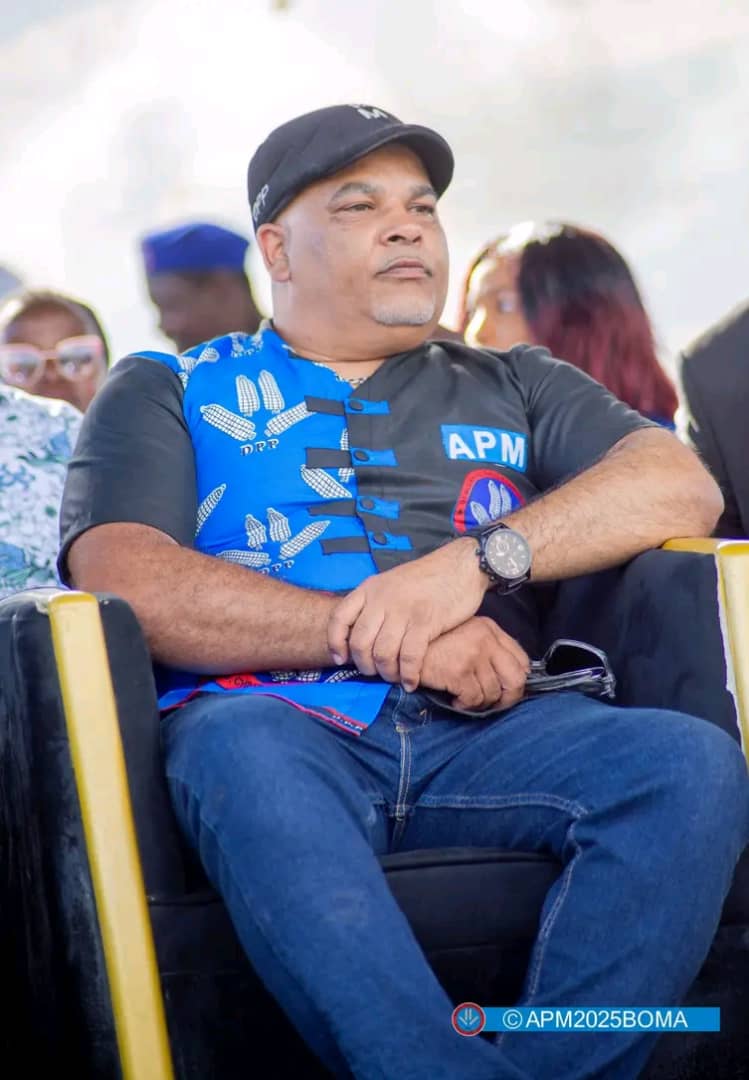A BBC investigation has discovered that political parties in Nigeria are secretly paying social media influencers to spread disinformation about their opponents ahead of general elections in February.
The BBC’s Global Disinformation Team has spoken to whistle-blowers working for two of Nigeria’s political parties, and prominent influencers who have described it as “an industry”.
The whistle-blowers say parties give out cash, lavish gifts, government contracts and even political appointments for their work.
We changed their names to protect their identity. “Yemi” is a prominent strategist and “Godiya” a politician.
“We’ve paid an influencer up to 20m naira ($45,000; £37,000) for delivering a result. We’ve also given people gifts. Other people prefer to hear: ‘What do you want to do in government, be a board member, be a special assistant?’,” says Godiya.
Situation rooms are commonplace in the run-up to an election. It’s where political parties strategise, develop plans and monitor their campaigns’ success. But in the rooms the whistle-blowers described to us, there was another function: following how false narratives assigned to influencers were performing.
Strategist Yemi says fake stories are developed to improve their candidates’ chances: “You can deliberately misinform in a suitable way for you.”
The BBC has spoken to multiple influencers who have confirmed that payment in exchange for false political posts is widespread.
One influencer who asked not to be named – with almost 150,000 Facebook followers – told us he is paid by political parties to post completely false stories about political opponents. He says he does not do it openly but rather plants false stories through other micro-influencers he hires.
SOURCE: BBC



